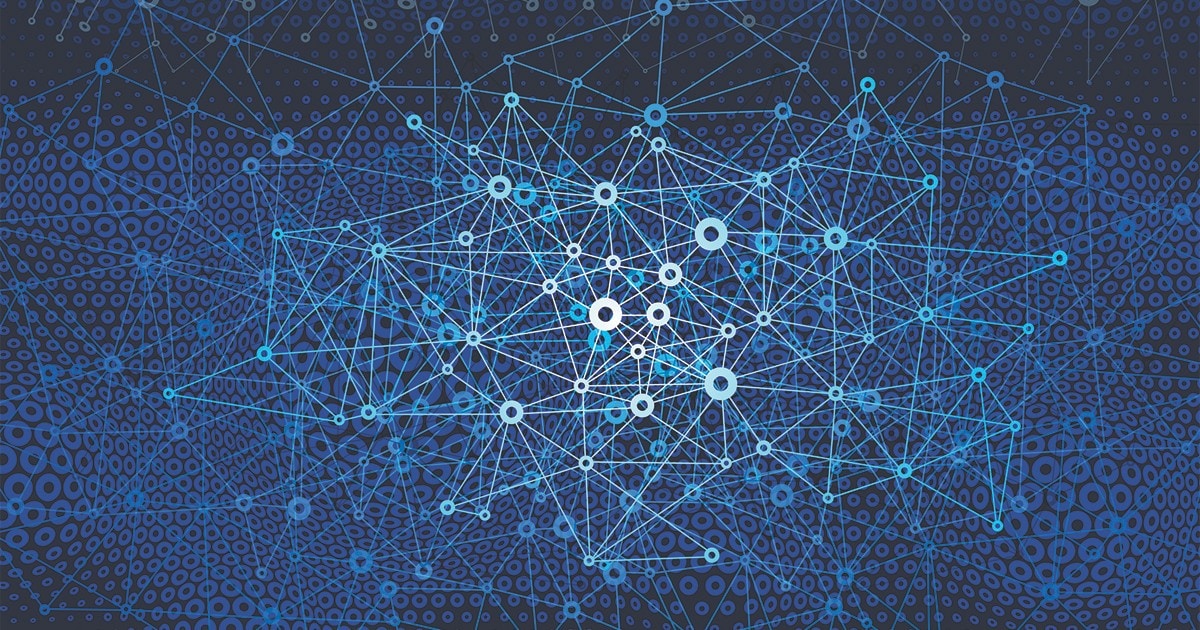Doing good with data
Technology, governance and legislation combine with data to benefit the human condition
There is widespread evidence that big data analytics helps achieve short- and long-term development goals around the world. Poverty, disease, hunger, illiteracy and many other global development challenges all benefit when analytics are applied.
In this article, I’ll address not only how to use data for good causes, but also how to protect public data and avoid any misuse or unintended negative uses of personal data. Keeping data safe and secure is a valid concern that cannot be ignored, and we need to address both the good and the bad in our plans for using data to improve the human condition.
If we can move the analytics to the data instead of moving the data around to be analyzed in multiple, unsecure places, we can help ensure the security and reliability of the data. Essentially, the data doesn't need to move; the models do.
What is ‘data for development’?
Data for development is a growing initiative that applies big data analytics to improve policies and infrastructures for health, welfare, safety and security all around the world. For example, can we make cyberspace safe through monitoring and governance? Could we reduce the cost of health care while improving the quality of care and saving lives? Can we make the world safer for our children and especially at-risk youth in our communities?
In this issue of Intelligence Quarterly magazine, we draw our attention to a subset of the data for development movement and look at the ways big data analytics is used to improve safety and security, including:
- Combating financial crime.
- A new approach to counter terror.
For these programs to work, public and private organizations need access to data and analytics solutions that can offer greater speed, frequency, detail, accuracy and information sharing. As these tools become more readily available, we also must mitigate the potential misuse of data. This means balancing the individual’s right to privacy with society’s right to security and safety.
‘Data for good’ must prevent ‘data for bad’
Despite the tremendous opportunity for good, there’s significant potential for data abuse and misuse.
There is a widespread lack of trust among governments, citizens, international organizations and the private sector when it comes to collecting and analyzing data. These anxieties stem from many sources, including power asymmetries, a perceived decline of privacy, and the potential for misusing data to violate civil, commercial or human rights.
Establishing meaningful and enforceable protections for collecting, storing, processing and sharing data is essential. But how can we work through the complexity and identify key points of focus for progress? Governments, the private sector and the development community can take action by mitigating concerns in three priority areas:
- Technology. As billions of sensors come online and collect data, and as we analyze and synthesize more of this data, it is essential to build systems with privacy in mind. This starts with an understanding of how data is generated and how it is often most secure at its source. If we can move the analytics to the data instead of moving the data around to be analyzed in multiple, unsecure places, we can help ensure the security and reliability of the data. Essentially, the data doesn’t need to move; the models do.
- Governance. International norms should be developed to oversee the quality of data, the open sharing of certain types of data and the protection of data to ensure they aren’t altered by political influence. Monitoring and accountability mechanisms should work effectively with broader data ecosystems, through linked interoperability standards, data sharing protocols and requirements for the data at multiple levels of official use and status. Most importantly, these new governance systems will have to work to earn and maintain the trust of individuals and organizations around the globe.
- Legislation. Clear, robust policy and legal frameworks also must be developed to prevent the misuse of data. One element requiring continual attention is the degree to which data that has been shared is “anonymized.” Somewhat on the opposite end of the spectrum is the right to be counted. Additional legislative actions might include rights for: identity, privacy, data ownership, due process, participation, nondiscrimination, equality and consent principles.
These three areas are emerging as important starting points for large-scale uses of data for good causes. Balancing trade-offs between the public good and potential harm to individuals is hard work, but it can be done. It all starts with communicating the benefits of using data combined with technology, governance and legislation—to improve safety, security and development efforts around the world.

Read More
- Learn more about the use of big data for global development from the United Nations' innovative Global Pulse initiative.
Get More Insights
Want more Insights from SAS? Subscribe to our Insights newsletter. Or check back often to get more insights on the topics you care about, including analytics, big data, data management, marketing, and risk & fraud.
